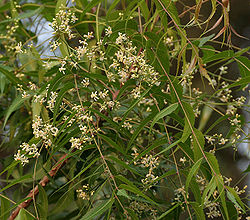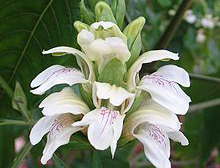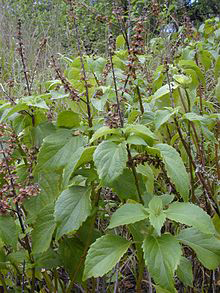 There are few places in the world free of mosquitoes today. As the earth grows warmer, countries and places in the world that did not have mosquitoes earlier are now beginning to be invaded by them. People are getting bitten by these insects gifted with the most advanced flight system, the most amazing (blood) suction system and inspiring persistence all over the world. The worrisome part is that every year over a million people die of malaria and increasingly large numbers are infected with drug-resistant malaria.
There are few places in the world free of mosquitoes today. As the earth grows warmer, countries and places in the world that did not have mosquitoes earlier are now beginning to be invaded by them. People are getting bitten by these insects gifted with the most advanced flight system, the most amazing (blood) suction system and inspiring persistence all over the world. The worrisome part is that every year over a million people die of malaria and increasingly large numbers are infected with drug-resistant malaria.
With the spread of mosquitoes, the market for mosquito repellant creams, oils, mosquito coils, mats and other devices has grown hugely in the last several years. The trouble is a majority of these contain harmful chemicals such as: DEET, permithrin, P-menthane-3, 8-diol, metofluthrin and picaridin that have serious health consequences. We can see below the health effects of exposure to these chemicals.
- DEET: Neurological damage, death of brain cells, breathing problems
- Permithrin: Chronic memory dysfunction and motor deficits, eye irritation
- P-menthane-3,8-diol: Kidney lesions as well as skin redness, swelling and genetic damage headache
- Metofluthrin: Liver tumours and liver necrosis, asthma
- Picaridin: Neurological damage, ear, nose and throat pain.
There are two things about these health effects that we must keep in mind. One, that the exposure to these harmful chemicals happens on a routine basis and two, that children whose bodies absorb six times more chemical contaminants than adults are exposed to these toxins for longer hours than adults.
It’s a tough question: would you rather expose yourself (or your children) to harmful contaminants or die (cause death) of malaria?
At Sambhavna we believe that when you are between a rock and hard place, the appropriate response is to create an escape route.
The method that we have developed to keep mosquitoes away at Sambhavna does not involve harmful contaminants. The Neem Agarbatti, as we call it, is made from medicinal plants and in fact contains ingredients that are good for the body. Also as we have found through last one year long trial, our neem incense sticks are super effective in keeping mosquitoes away.
For making Neem agarbattis, we mix equal quantities of dried leaves of Neem (Azadirachta indica) (top) and Vantulsi (Ocimum gratissimum) (left) and mix them with the sticky pulp of green Adusa (Adhatoda Vasica) (below) leaves. We also mix a very tiny amount of waste cardboard pulp to help with easy burning. The dough like mixture is then rolled in to 2cms wide and 10cms long sticks that are left to dry in the sun. Once they are dry, they burn for one to two hours which can keep a room free of mosquitoes for up to six hours. The smoke does not cause any irritation or discomfort in people with allergies or breathing problems.
The person in Sambhavna who deserves the most credit for the development and use of Neem agarbattis and their growing popularity is Chandrakanta Sisodia. In addition to her primary responsibility as a sanitary worker, over several months she has carried out trials with different ingredients and in different combinations till she has got the right mix, or almost. She is still looking for ways to replace the small amount of cardboard pulp that goes into the mix.
 In addition to making Neem agarbattis for all to use, on one day in a week Chandrakanta trains people visiting the clinic in making these incense sticks. Over 20-25 homes are now making and using these sticks and the number of people at her weekly skill-sharing meeting keeps growing. Recently, members of two social service organisations from the neighbouring district came to one of Chandrakanta’s classes and they have now included Neem agarbatti making and using, a part of their public health programme in underprivileged communities.
In addition to making Neem agarbattis for all to use, on one day in a week Chandrakanta trains people visiting the clinic in making these incense sticks. Over 20-25 homes are now making and using these sticks and the number of people at her weekly skill-sharing meeting keeps growing. Recently, members of two social service organisations from the neighbouring district came to one of Chandrakanta’s classes and they have now included Neem agarbatti making and using, a part of their public health programme in underprivileged communities.
Image source: Wikipedia



